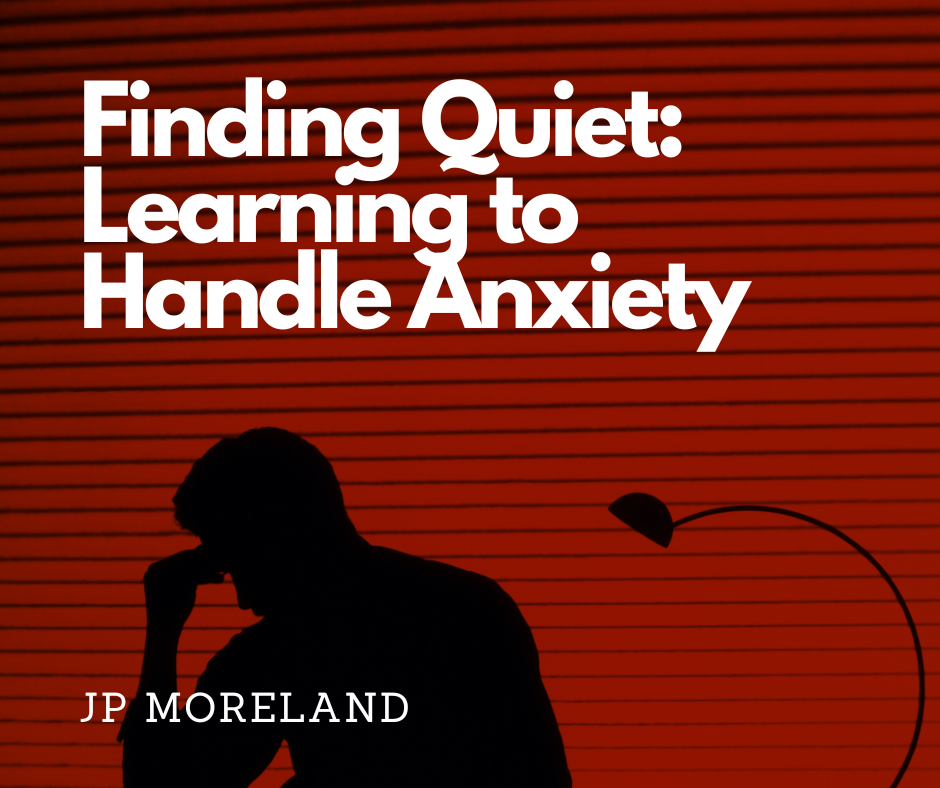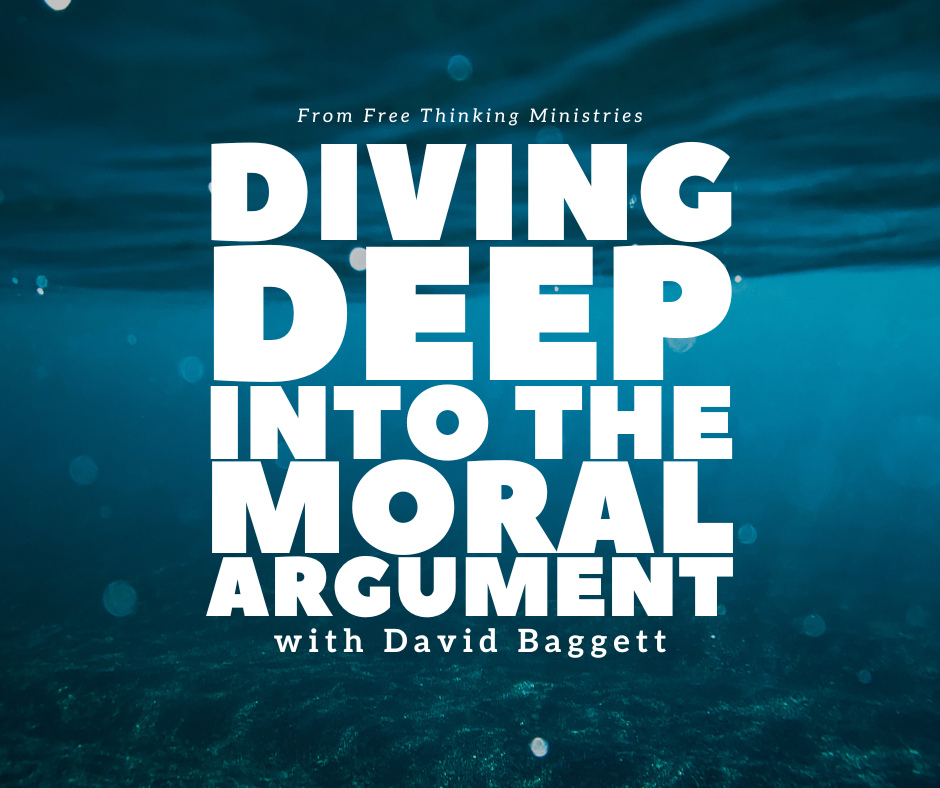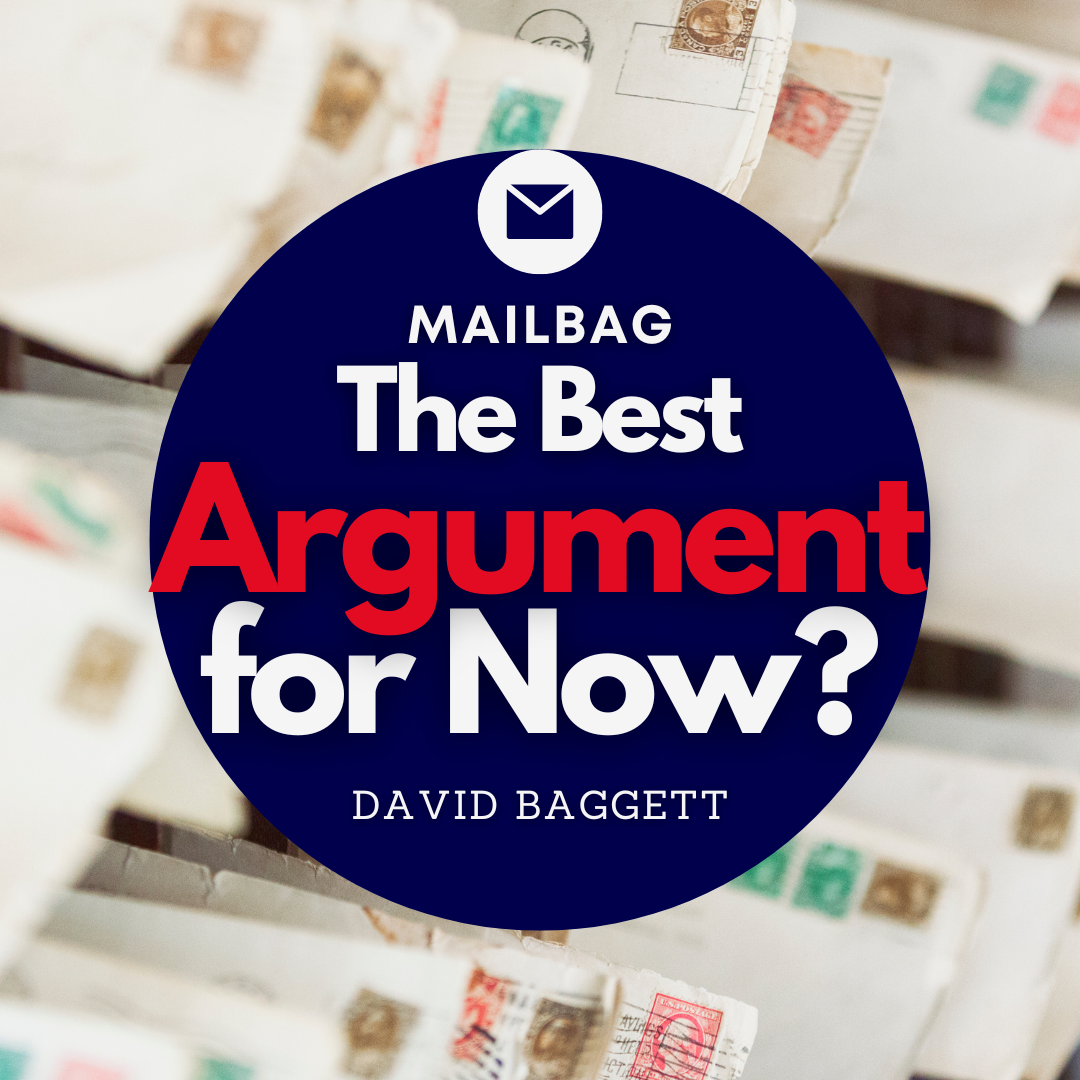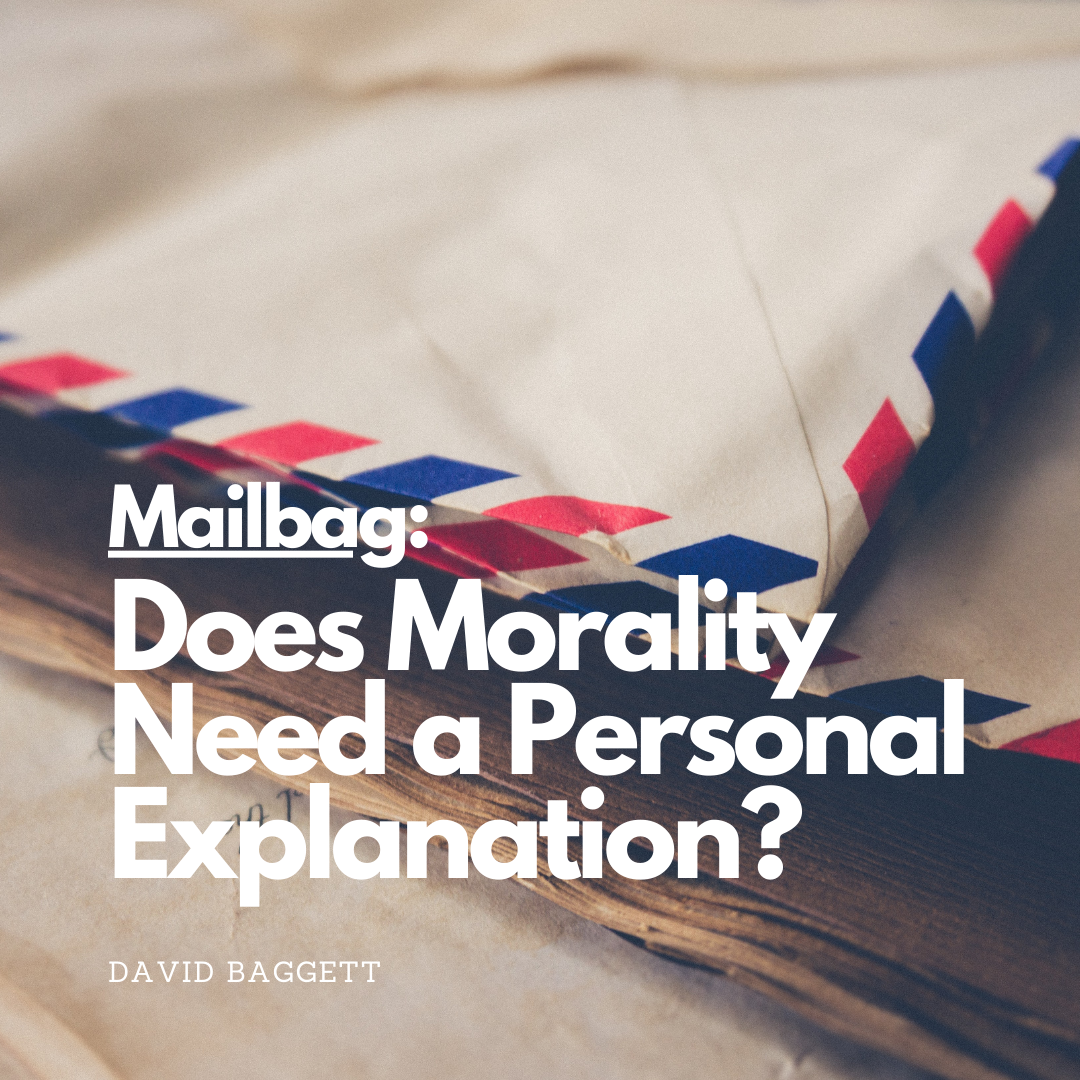The Paradox of Moral Tolerance: Exposing Normative Relativism's Blind Spot
/One does not have to look far to notice that the moral beliefs of individuals vary widely. For some, abortion is a morally thoughtful venture on the part of the mother. For others, it is regarded as the abhorrent murder of a human being. For some, homosexuality and transgenderism are beautiful expressions of one’s authentic self. For others, these practices are considered defamatory to the body and disrespectful to human dignity. Of course, there are many intricacies to these moral considerations, but ultimately, these views and many others seem to stand in stark contrast to one another.
How do we best handle this disparity of moral viewpoints? A common way is to adopt the universal principle of moral tolerance. Moral tolerance refers to the capacity or willingness of one to respect and coexist with the moral beliefs, values, and practices of others which one personally disagrees with or finds objectionable without interfering with the beliefs, values, or practices themselves. The principle of moral tolerance, in this way, is rooted in open-mindedness, empathy, and respect for individual autonomy, allowing for a peaceful coexistence of diverse moral viewpoints within a pluralistic society. Its aim is to foster social harmony and cooperation by promoting a moral climate of understanding and courteous dialogue rather than contemptuous condemnation.
Adopting the universal principle of moral tolerance seems like a reasonable way to handle the diversity of views we encounter. Even though some of our moral beliefs conflict, we should nonetheless respect the autonomy of one another to hold such beliefs. The desire for social cohesion through moral tolerance is one of the most prominent motivations for adopting the moral theory known as normative relativism (NR).
NR holds that the truth of a moral proposition is relative to the belief of a given individual.[1] What makes a moral proposition (i.e., that “homosexuality is good” or “homosexuality is bad”) true is whether one believes it to be so. The belief in these moral propositions, then, makes them substantively true for that individual, and the individual therefore has an obligation to act in accord with them.
Prima facie, NR appears to provide an ideal basis for moral tolerance by justifying each individual’s moral beliefs in virtue of the beliefs themselves. After all, given the disparity of moral viewpoints, who’s to say one individual’s moral beliefs are more valid than another’s? NR validates the moral beliefs of each individual and thus creates a level ground, ripe for moral tolerance. This serves as a prominent motivator for adopting such a theory. Upon closer examination, however, this motive seems built on a fractured relationship between moral tolerance and NR. This deep-rooted incoherence is what I will call the paradox of moral tolerance.
The paradox of moral tolerance: Moral tolerance is a prominent motivator for adopting NR but is ultimately unaccounted for by the theory.
Despite its apparent merits, moral tolerance—properly understood—is logically impossible on NR. For if Agent 1’s moral belief is not morally false or opposed to Agent 2’s moral belief in a substantive way, then there is nothing for Agent 1 to tolerate. Furthermore, for moral tolerance to be successful in handling the disparity of moral viewpoints peacefully, we would need to universalize the principle, allowing individuals to hold one another accountable to it. However, universal moral tolerance would imply an objective exception to NR which falsely elevates the principle of tolerance above that which is accounted for by the theory.[2]
The argument from the paradox of moral tolerance can be hashed out in the following way:
1. NR cannot account for objective moral obligations.
2. The notion of universal moral tolerance implies an objective moral obligation.
3. Therefore, NR cannot account for universal moral tolerance.
What might the proponent of NR say in response to this argument?
One could imagine the normative relativist attempting to sidestep the argument by replying that, even if the principle of moral tolerance is not universal, one ought to be tolerant of the moral beliefs of other individuals if their own moral code accounts for it. However, we might respond by asking what it is they are tolerating. Tolerance, in this sense, requires that one’s views are opposed by their counterpart in a substantive way. If each individual defines morality for himself, as NR affirms, then what exactly is one tolerating? We might run the argument as follows:
1. Moral tolerance requires the moral beliefs of individuals to conflict in some substantive way.
2. On NR, the moral beliefs of individuals might be different, but do not conflict in some substantive way.
3. Therefore, moral tolerance is not possible on NR.
But can't the normative relativist simply say that some moral truths, even if they are not objective, must be obeyed to allow for social cohesion? That is, tolerance towards other individuals’ moral beliefs is not an objective moral principle but must be adhered to in order to maintain some form of a social contract which keeps us from chaos. It seems this, again, holds tolerance as the tacit exception to the theory itself. The language of “must be obeyed” in this context would imply an objective moral obligation. However, on NR, according to what basis must these moral beliefs be respected, and on what basis is social cohesion more morally desirable than chaos?
Another reply the proponent of NR might give to the argument from the paradox of moral tolerance is one based on the nature of the justification of moral beliefs on NR. Because Agent 2’s moral beliefs are often different from Agent 1’s moral beliefs—at least to some extent—yet are justified in virtue of Agent 2’s beliefs in and of themselves, these differing principles are necessarily tolerated. In other words, we recognize that those who hold beliefs which differ from our own are justified in doing so, and thus we exercise moral tolerance necessarily. However, there is a distinction to be made between what is different and what conflicts in some substantive way. Just because a belief is different does not mean it conflicts in this manner. For example, if I believe that I have brown hair and my friend believes he has blonde hair, I do not have grounds to “tolerate” his belief, for our beliefs do not conflict in a substantive way—tolerance would seem to require this sort of conflict. To elucidate this concept, moral tolerance would require that Agent 1’s moral belief, “A is good” conflict Agent 2’s moral belief, “A is bad” in some substantive way. But on NR, Agent 1 would define what is good in virtue of his own belief, so even though Agent 1’s belief might be different than Agent 2’s, it would not conflict with Agent 2’s belief in some substantive way, and thus tolerance would not be possible.
One last objection we might consider from the normative relativist is that the assertion of relative morality does not imply that there are no moral obligations. Furthermore, there is no need for the proponent of NR to affirm tolerance as a universal principle to hold others accountable for tolerance, for it is possible that all individuals could independently assert tolerance as a moral principle regardless. But the argument from the paradox of moral tolerance does not claim that normative relativists have no moral principles to abide by. In fact, according to NR, one ought to act in accordance with their own individual code. And it is logically possible that all individuals could affirm the same moral code, which happens to promote the principle of moral tolerance, but do so relatively. We might imagine, however, a possible world where one individual deviates from this code by revoking tolerance as a moral principle without violating the code itself, for their beliefs determine it. Moral progress or regress would not be made by the individual in this possible world, just a change in their moral landscape. The mere potentiality for intolerance to become morally permissible in a possible world where everyone believes tolerance to be a moral principle reveals the inability for NR to account for the universal obligation of such a principle, or any moral principle for that matter.
I believe there is potential for the argument from the paradox of moral tolerance to be extended beyond the scope of NR to other moral anti-realist theories. When I consider anti-realist theories here, I mean any theory which does not identify goodness even minimally with nonmoral properties, such as in weaker forms of moral realism. Anti-realist theories, then, would refer to only those theories which use goodness in a predicative sense to refer to that which is true about an individual’s own dispositions or the dispositions of the culture in which they abide. It is also worth noting that the argument from the paradox of moral tolerance seems to have utility for both cognitivist and non-cognitivist theories, as I say, IFF they don’t affirm an identity relation between goodness and a nonmoral property or affirm goodness as a mind-independent property. Lastly, the purpose of this argument is not meant to undercut anti-realist theories entirely or even NR but is rather meant to reveal how one of the more attractive underlying motivations for adopting such theories—namely, moral tolerance—is unaccounted for by previous anti-realist commitments, with particular attention drawn to NR.
[1] “Individual” could also be considered a culture or society, as with normative cultural relativism. For the sake of simplicity, however, I use the term “individual” throughout this article.
[2] On NR there is also no inherent basis for equality (which seems to undergird the principle of tolerance) other than that which we have constructed on our own, though this is a separate—yet related—discussion.
Hunter Kallay is a Ph.D. student at the University of Tennessee and holds a MA in Apologetics from Houston Christian University. His primary interests include moral epistemology, ethics, and philosophy of religion. In his spare time, he enjoys fitness, sports, and exploring new restaurants.











































